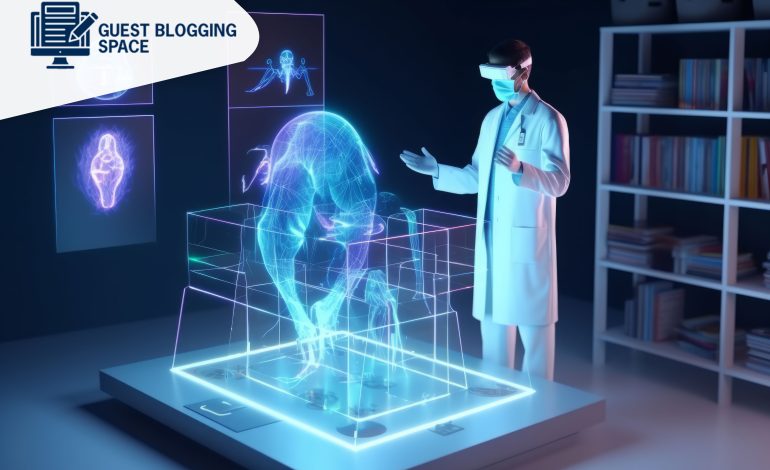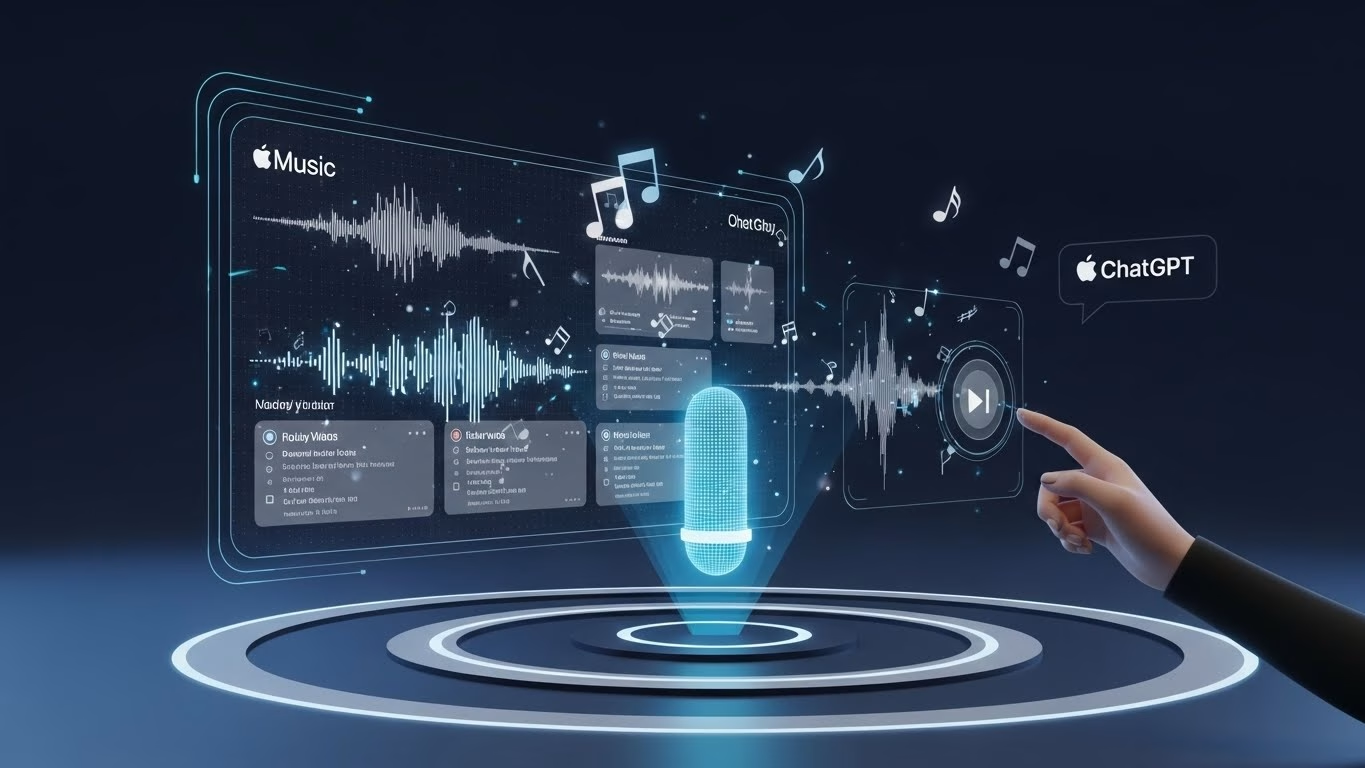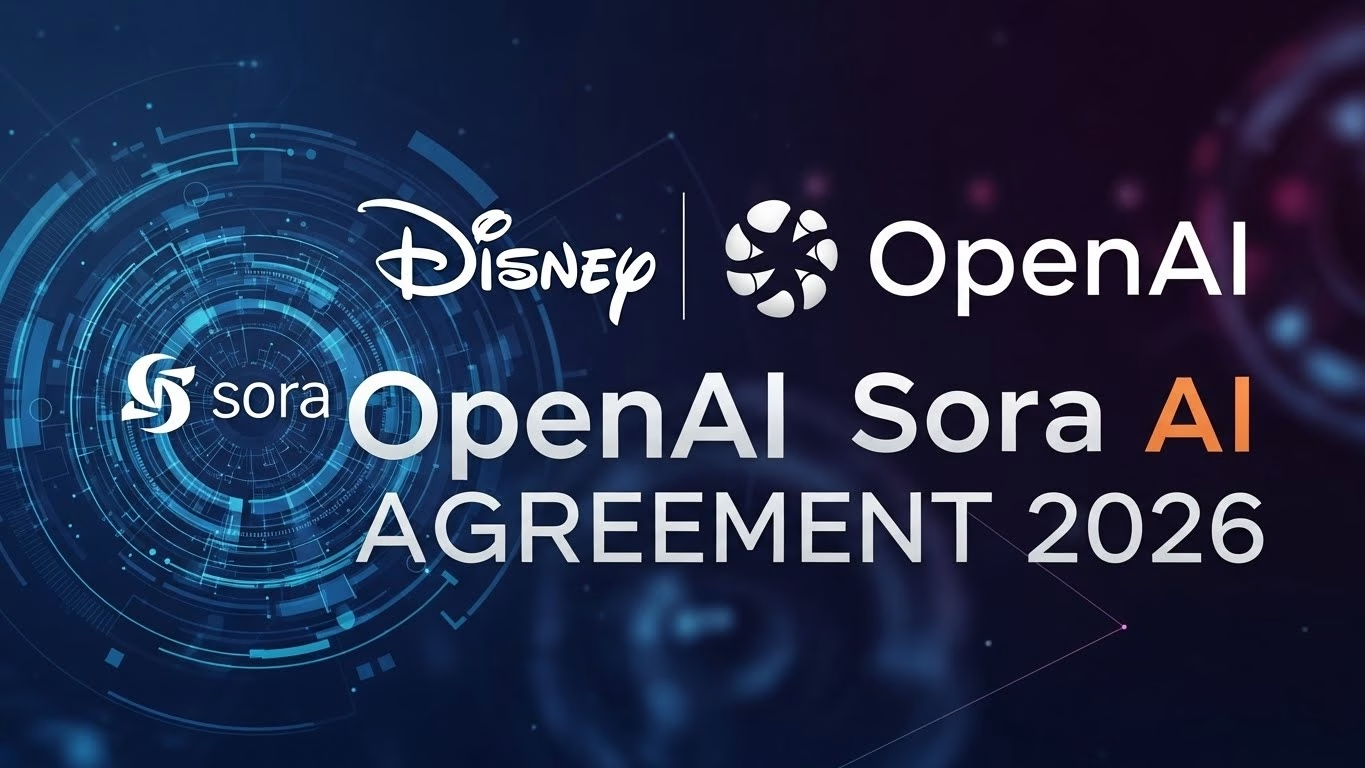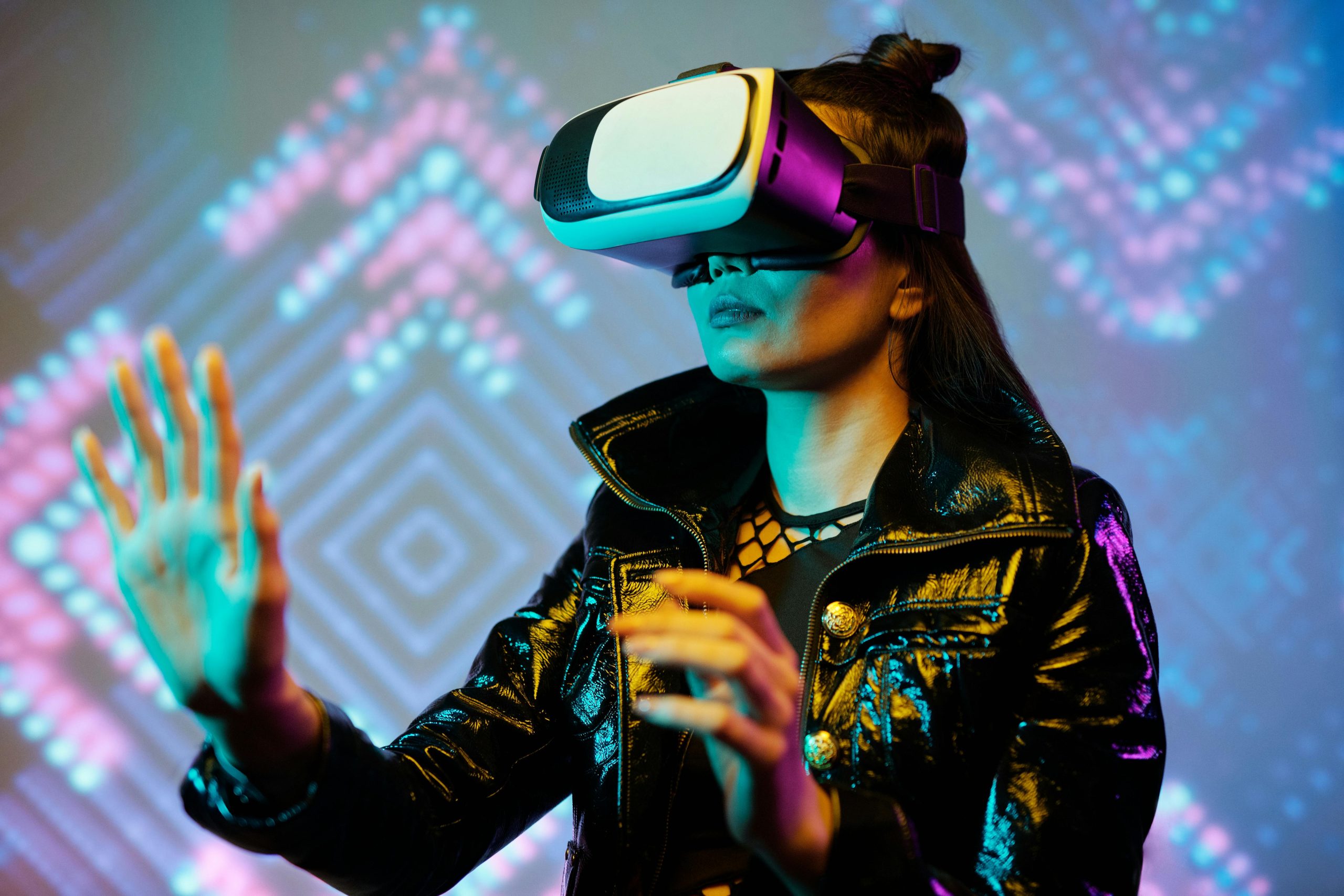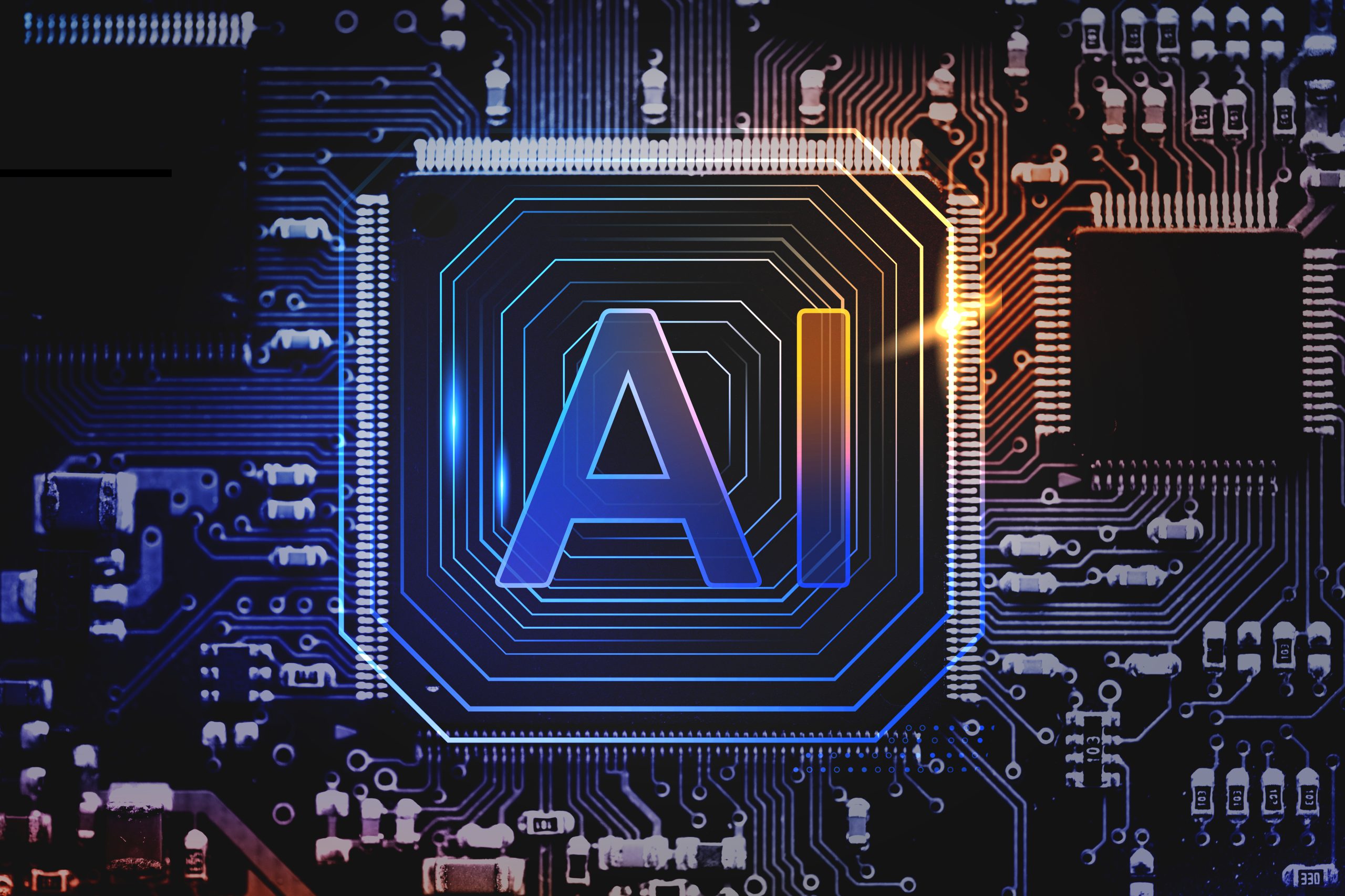AI in Education: Revolutionizing Learning for Everyone
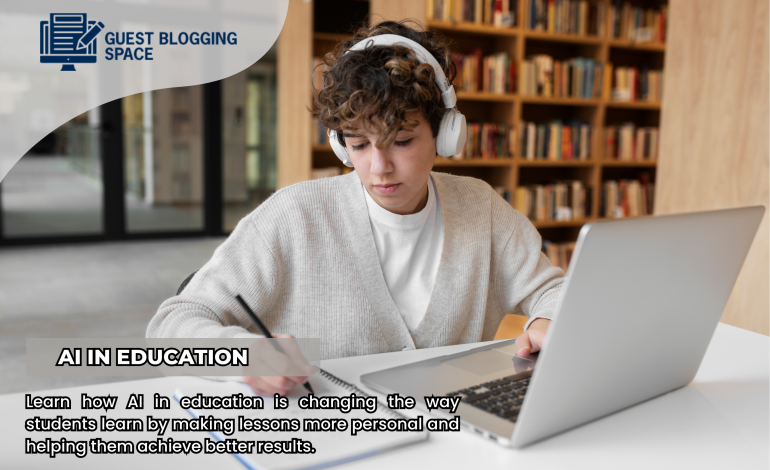
Artificial Intelligence (AI) is no longer a futuristic concept—it’s here, transforming how we live, work, and learn. Specifically, AI in education is reshaping classrooms, online courses, and self-paced learning, making it more accessible and engaging than ever. Whether you’re a working woman juggling responsibilities, a student aiming to excel, or anyone curious about the digital world, AI offers something valuable for you. At Guest Blogging Space, we’re excited to explore this topic and show you how AI is changing education for the better.
In this blog, we’ll dive into the advantages of AI in education, answer how does AI affect education positively, and share practical insights to keep you hooked28.com hooked. Ready to discover the future of learning? Let’s get started!
What Is AI in Education?
AI in education refers to the use of intelligent systems and tools to enhance teaching and learning. From virtual tutors to personalized lesson plans, AI adapts to individual needs, making education smarter and more efficient. Imagine a tool that understands your pace, strengths, and weaknesses—AI does exactly that. On our Education Page, we break down trending topics like this to keep you informed.
But how does it work? AI analyzes data—like test scores or study habits—and offers tailored solutions. For instance, platforms like Duolingo use AI to adjust language lessons based on your progress.
How Does AI Affect Education Positively?
AI isn’t just a buzzword; it’s a game-changer. Here’s how it’s making a difference:
- Personalized Learning: AI customizes lessons to fit your unique needs, ensuring you grasp concepts at your own speed.
- Time-Saving for Educators: Teachers can automate grading and admin tasks, leaving more time to inspire students.
- Accessibility: AI tools break barriers, offering education to remote or underserved communities.
-
Engaging Content: Interactive apps and simulations make learning fun and unforgettable.
Curious for more? Check out our detailed insights at Guest Blogging Space.
Advantages of AI in Education for Students
Students today face a fast-paced world, and AI is here to help. Here are some standout advantages of AI in education for students:
- Instant Feedback: AI tools like Grammarly or Khan Academy provide real-time corrections, boosting confidence.
- Round-the-Clock Support: Chatbots answer questions anytime, perfect for night owls or busy schedules.
- Skill-Building: AI identifies gaps and suggests resources to improve weaker areas.
- Motivation Boost: Gamified learning keeps students hooked and eager to progress.
As education evolves, AI ensures no one gets left behind. Pretty amazing, right?
Benefits of AI in Education: 10 Points to Know
Let’s break it down further. Here are benefits of AI in education 10 points style:
- Scalability: Reach millions with online AI-driven courses.
- Cost-Effective: Reduces the need for expensive resources.
- Data Insights: Tracks progress with precision.
- Interactive Learning: Think virtual labs or AI tutors.
- Language Support: Translates lessons instantly.
- Career Prep: Teaches tech skills for the future.
- Consistency: Delivers uniform quality across platforms.
- Engagement: Turns boring topics into exciting challenges.
- Flexibility: Learn anytime, anywhere.
- Equity: Levels the playing field for all learners.
These benefits show why AI in education is a must-explore trend. Want to dive deeper? Visit Guest Blogging Space and join the conversation!
Why Working Women and Everyday Learners Love AI
For working women, time is precious. AI in education offers flexible, bite-sized lessons that fit into packed schedules. Imagine mastering a new skill during a lunch break! Similarly, students and internet users benefit from tools that simplify complex topics. Whether it’s math or coding, AI turns “I can’t” into “I can.”
Take it from an expert: “AI doesn’t replace teachers—it empowers them to focus on what matters most: inspiring minds,” says Dr. Jane Smith, an EdTech researcher. That’s the kind of balance we champion here at Guest Blogging Space.
Real-World Examples of AI in Action
AI is already making waves. Platforms like Coursera use it to recommend courses, while Google’s Read Along helps kids improve literacy. Even universities rely on AI to predict student success and offer support. These tools prove that AI in education isn’t a dream—it’s happening now.
For more examples, head to our education page. You’ll see why this tech is a total game-changer.
Challenges to Consider
Of course, no tech is perfect. AI in education faces hurdles like data privacy concerns and the digital divide—not everyone has equal access to devices. Plus, over-reliance on AI might reduce human interaction. But with smart planning, these issues can be tackled. Balance is key, and we’re here to keep you updated on both sides of the story.
Backlink Suggestions for Authority
To boost credibility, consider linking to:
- EdSurge for EdTech news.
- UNESCO’s AI and Education Report for global insights.
These fit naturally and align with Google’s E-E-A-T (Expertise, Authoritativeness, Trustworthiness) standards.
Join the Learning Revolution
AI in education is more than a trend—it’s a movement. Whether you’re a student, a working woman, or just curious, there’s something here for you. So, what do you think? Drop a comment below or click over to Guest Blogging Space to explore more. Let’s learn smarter together!
FAQs About AI in Education
- How does Artificial Intelegence affect education positively?
It personalizes learning, saves time, and makes education more accessible—think tailored lessons and instant feedback.
- What are the advantages of artificial intelligence for students?
Students get real-time help, personalized resources, and engaging tools that make studying fun.
- Can AI replace teachers?
No way! AI supports teachers by handling routine tasks, so they can focus on mentoring and inspiring.
- What are some benefits of Artificial Intelegence in education?
From scalability to equity, AI offers 10+ perks like flexibility, cost savings, and interactive content.
- Is Artificial Intelegence in education expensive?
Not always—many tools are free or low-cost, though initial setup might need investment.


